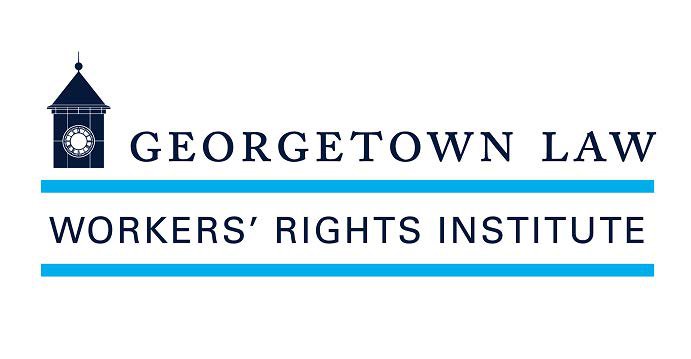

Arbitration requires people to go through a private dispute resolution process, is often biased against workers and consumers, and typically slams the courthouse doors on those who are injured or harmed in the workplace. It's a standard condition in most, if not all, non-union employment and consumer contracts, and it's considered “forced” because few consumers or workers are aware that they are agreeing to mandatory arbitration when they sign such contracts. This requires them to resolve many types of alleged violations of state and federal laws through arbitration, including laws passed to protect against harmful and dangerous products, consumer fraud, employment discrimination, and other forms of wrongdoing.
In this February 15 webinar co-hosted by the Center for Progressive Reform and the Workers' Rights Institute at Georgetown University Law Center, experts discussed how workers and historically marginalized communities are adversely impacted by forced arbitration. CPR's recent report on the topic served as a springboard for the discussion.
The panelists:
- Mark Gaston Pearce is a visiting professor of law and the executive director of the Workers’ Rights Institute at Georgetown University Law Center.
- Jamillah Bowman Williams is an associate professor of law and faculty director of the Workers’ Rights Institute at Georgetown University Law Center.
- Sid Shapiro is a professor of law at Wake Forest University and the Board Vice President at the Center for Progressive Reform.
- Jennifer Abruzzo is the general counsel at the National Labor Relations Board.
Senior Policy Analyst M. Isabelle Chaudry moderated the discussion.
Watch the webinar recording below, or view on CPR's YouTube channel.
